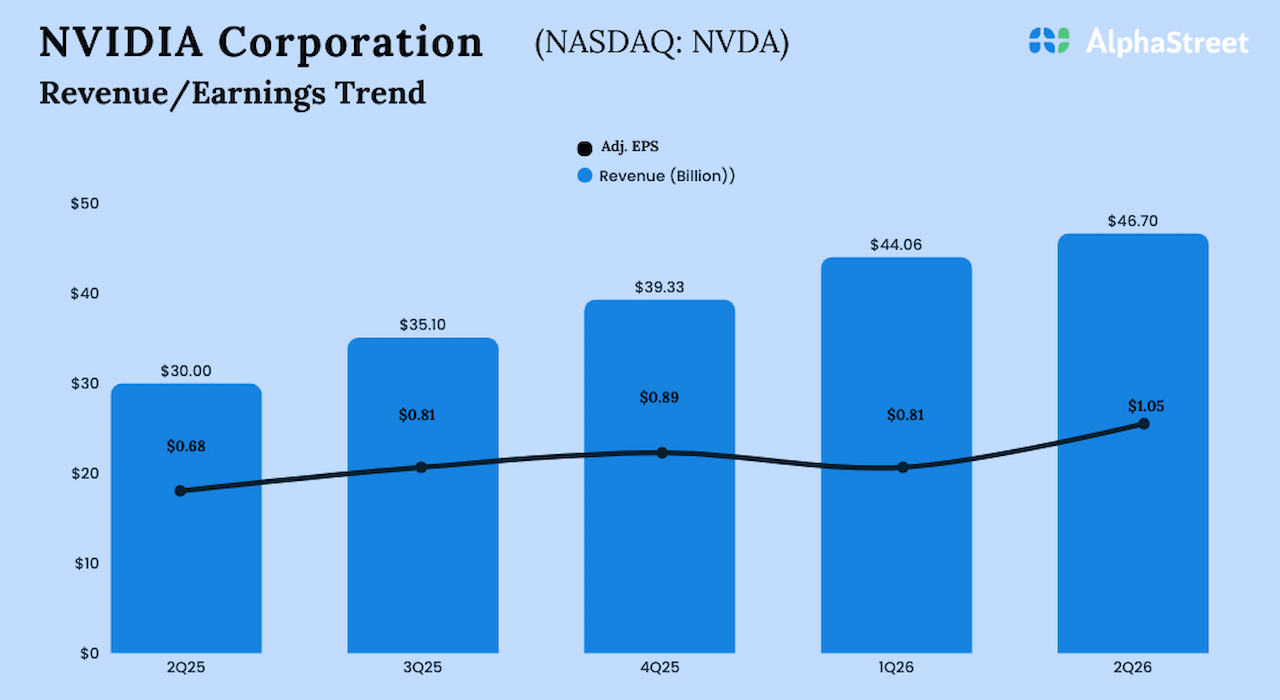Financial advisors help individuals make informed decisions about their finances, but it’s also important to ensure that anyone you trust to manage your finances has the proper licenses. Anyone can call themselves a financial advisor, but not everyone has the credentials to back it up.
While financial professionals don’t have one set license requirement, some advisors need to become registered representatives if they aspire to hold the necessary securities licenses to sell investment products.
The specific products they plan to sell and their desired compensation method determine necessary licenses.
What Licenses Do Financial Advisors Need?
Fiduciary financial advisors in the United States typically hold Series 6, Series 7, Series 63, Series 65, or Series 66 licenses. Let’s explore each license and the products the cover:
1. Series 6 License
The Series 6 license is an important certification for financial advisors who want to sell certain types of investment products. It is generally earned after a financial professional has earned their bachelor’s degree and secured employment at an investment firm.
Administered by the Financial Industry Regulatory Authority (FINRA), the Series 6 license is designed to enable financial advisors to sell packaged securities products. These securities typically include mutual funds and variable annuities.
Mutual funds are investment vehicles that pool money from multiple investors to invest in a diversified portfolio of assets. Professional investment managers manage these funds.
On the other hand, variable annuities are insurance products that combine investment features with insurance coverage. They provide investors with the potential for investment growth and a guaranteed lifetime income stream.
It’s worth noting that advisors with only a Series 6 license are not permitted to sell individual stocks or bonds.
Financial advisors often start by obtaining a Series 6 license before pursuing more comprehensive licenses like the Series 7. This strategy allows them to gain hands-on experience in the field and sell a limited range of investment products while preparing for the more challenging Series 7 exam.
2. Series 7 License
The Series 7 license is one of the most coveted licenses for financial advisors and stockbrokers, granting them the authority to sell a wide range of investment products. Administered by the Financial Industry Regulatory Authority (FINRA), this license is considered the gold standard in the industry.
The Series 7 license enables financial advisors to sell most investment products available in the market including:
- bonds
- stocks
- options
- futures
- mutual funds
- variable annuities
With a Series 7 license, advisors have the ability to provide their clients with a comprehensive range of investment options. With this license, advisors can tailor investment strategies based on their clients’ unique financial goals and risk tolerance.
While the Series 7 license provides extensive coverage, there are a few types of securities it does not encompass. Specifically, commodities trading requires a Series 3 license, and real estate and life insurance have their own separate licensing requirements.
It’s important for financial advisors to be aware of these limitations and obtain the necessary licenses if they intend to offer such products to their clients.
SIE Exam
In 2018, FINRA introduced the Securities Industry Essentials (SIE) exam as a co-requisite to the Series 6 and 7 exams. Financial advisors are now required to pass both exams to obtain their general securities registration.
The SIE exam covers fundamental industry knowledge, including basic concepts related to securities, products, regulatory agencies, and industry regulations. Passing the SIE exam validates an advisor’s understanding of foundational securities industry information.
Financial advisors can demonstrate their proficiency in a wide range of investment products and industry regulations by combining the comprehensive coverage of the Series 7 license with the essential knowledge tested in the SIE exam.
Remember, the Series 7 license is highly regarded due to its versatility and wide-ranging authority in the financial advisory field. Advisors holding this license have the ability to provide their clients with a diverse selection of investment options to help them achieve their financial goals.
3. Series 63 License
The Series 63 license is a requirement for financial advisors to do business within their state’s borders in the United States. In addition to holding a Series 7 or Series 6 license, advisors must pass the Series 63 exam.
The Series 63 exam is designed to test an advisor’s understanding of state-specific laws and regulations regarding securities. It focuses on investor protection and ensures financial advisors have the necessary knowledge to operate ethically and responsibly within their respective states.
The exam duration is 75 minutes, and it covers a wide range of topics. It may seem shorter and easier than other licensing exams, but it dives into the intricacies of state securities laws and regulations, which can sometimes trip up test-takers.
Each state requires financial advisors to hold a Series 63 license to legally conduct business within their jurisdiction. This license is in addition to the Series 7 or Series 6 license. It’s an important credential for advisors who want to provide investment advice and sell securities within a specific state.
The Series 63 license demonstrates an advisor’s knowledge of state securities laws, regulations, and ethical practices. It ensures that advisors can handle the unique requirements and responsibilities of serving clients within a particular state.
The Series 63 license is necessary regardless of whether advisors are compensated through fees or commissions. It is crucial to meet the regulatory requirements to operate as a registered financial advisor in the United States.
So, if you want to become a financial advisor and conduct business within a specific state, obtain the Series 63 license to comply with state regulations and provide the best financial service to your clients.
4. Series 65 License
The Series 65 license is a requirement for financial advisors who are compensated with fees rather than commissions. This license is necessary for advisors who provide financial advice for investments.
The Series 65 license, also known as the Uniform Investment Adviser Law Examination, is administered by the North American Securities Administrators Association (NASAA). Its primary objective is to ensure financial advisors know securities laws, regulations, and ethical practices.
With the Series 65 license, financial advisors can legally provide investment advice to clients and operate as investment advisers. This license is regulated at the state level, and each state may have additional requirements or regulations that advisors must adhere to.
Fee Compensation Requirement
One key distinction of the Series 65 license is that it is necessary for financial advisors who receive compensation through fees rather than commissions.
Advisors who charge clients a percentage of their assets under management or an hourly fee are typically required to hold a Series 65 license.
Advisors who are compensated solely through commission-based sales of investment products may not need the Series 65 license. However, it’s important to check with the specific state regulations and requirements to ensure compliance.
In other words, fiduciary advisors will be held to a higher standard than commission-based financial professionals.
Professional Designation
Obtaining the Series 65 license demonstrates higher professionalism and competency in investment advice than other licensing exams. While this license is not a professional designation itself, it is often held by individuals who also possess other professional certifications, such as the Certified Financial Planner (CFP) or Chartered Financial Analyst (CFA) designation.
Financial advisors with a professional designation alongside the Series 65 license showcase their commitment to their clients’ financial well-being, dedication to continuing education, and the highest ethical standards.
The Series 65 license is a worthwhile credential for financial advisors compensated with fees rather than commissions. It enables advisors to provide investment advice professionally. It also ensures they possess the necessary knowledge of securities laws and regulations.
5. Series 66 License
The Series 66 license is required for any financial advisor who hopes to operate as an investment advisor representative or investment adviser representative (IAR). Test takers must already hold their Series 7 license, but individuals can take the Series 66 license instead of the more challenging Series 65 exam.
Test takers have 2 and a half hours to answer 100 scored multiple choice questions and 10 pretest questions. To earn a license, candidates must earn a minimum score of 73%. The exam covers important information on U.S. Securities and Exchange Commission filings, financial reporting, and risk evaluations.
It also covers the systems that give securities, alternatives, and insurance-based products their value. The largest portions of the exam pertain to types of clients, the best strategies for advising them, plus laws, regulations, and guidelines for avoiding unethical business practices.
In simplest terms, the Series 66 exam combines the content of the Series 63 and Series 65 exams, which is why it’s often referred to as the Uniform Combined State Law Examination.
Frequently Asked Questions
What is the difference between a CFA and a CFP?
A CFP (certified financial planner) generally focuses on individual and family finances, whereas a CFA primarily provides financial services to institutional investors.
Learn more:
What are Financial Advisor License Requirements in the U.S.?
While there isn’t a specific licensing requirement for financial advisors in the United States, they are generally required to hold securities licenses if they sell investment products. These licenses are determined by the specific products the advisor plans to sell and the method by which they receive compensation.
Some common licenses financial advisors hold include the Series 6, Series 7, Series 63, and Series 65 licenses. The Series 6 license allows advisors to sell packaged securities, such as mutual funds and variable annuities. Advisors with a Series 6 license cannot sell individual stocks or bonds.
The Series 7 license is considered the gold standard for financial advisors. It allows advisors to sell nearly every investment product, including stocks, bonds, options, and futures. However, it does not cover commodities, real estate, or life insurance, which have their own specific licenses. Obtaining the Series 7 is challenging and requires passing both the Series 7 exam and the Securities Industry Essentials (SIE) exam.
Financial advisors conducting business within a specific state must also obtain a Series 63 license covering state-specific laws and regulations. Additionally, advisors compensated with fees instead of commission are required to hold a Series 65 license, which focuses on rules and regulations for fee-based advisors.
INVESTMENT AND INSURANCE PRODUCTS ARE: NOT A DEPOSIT • NOT FDIC INSURED • NO BANK GUARANTEE • MAY LOSE VALUE






































